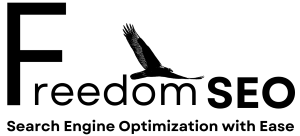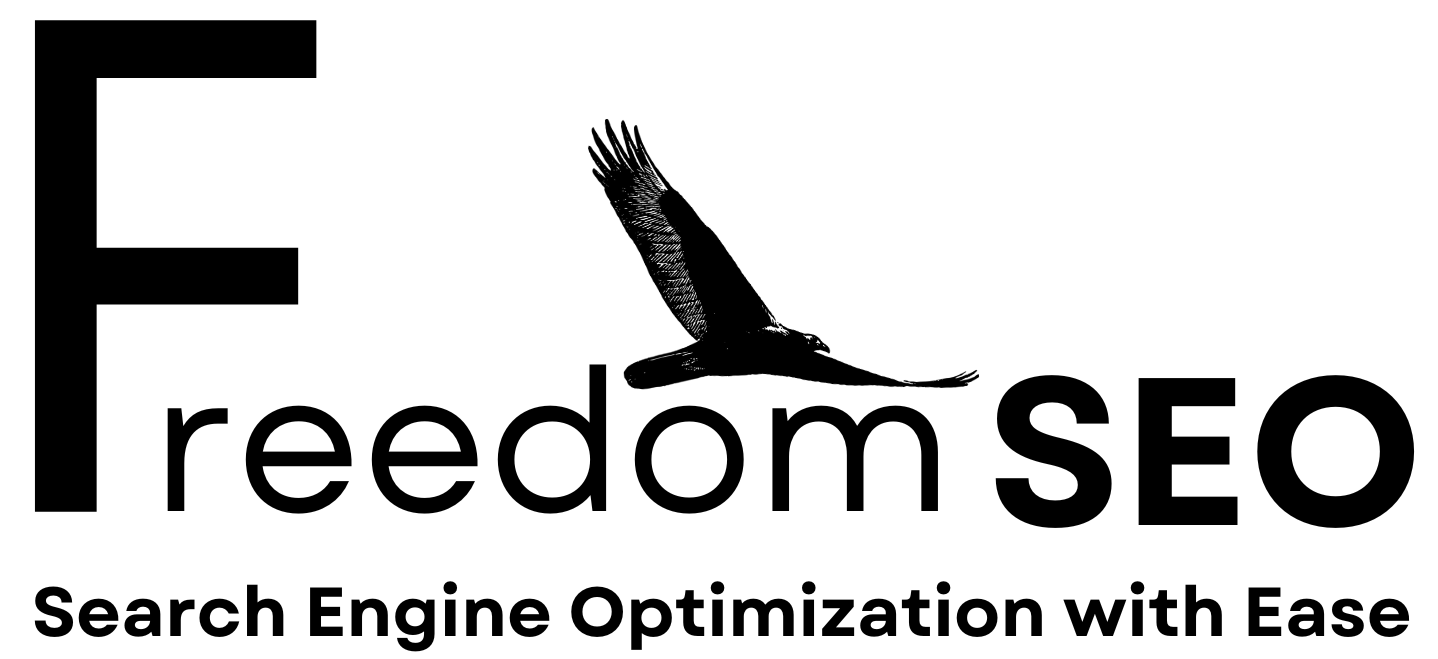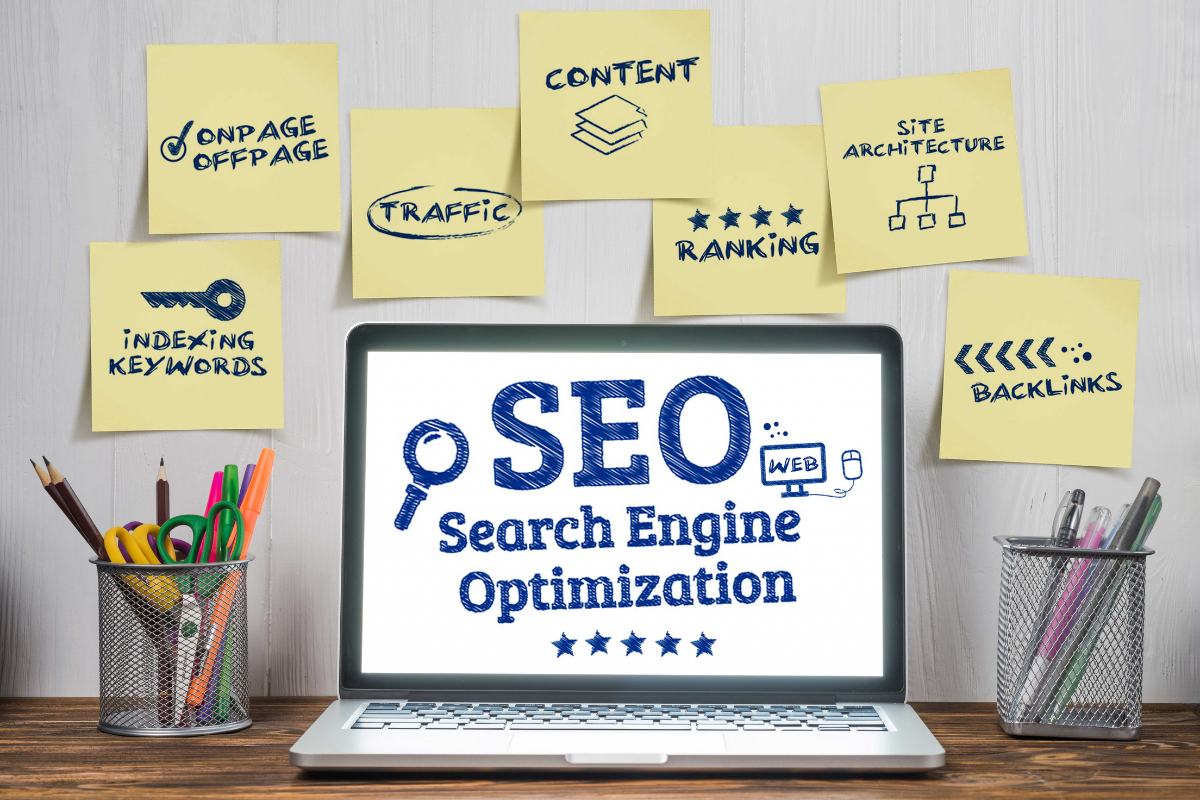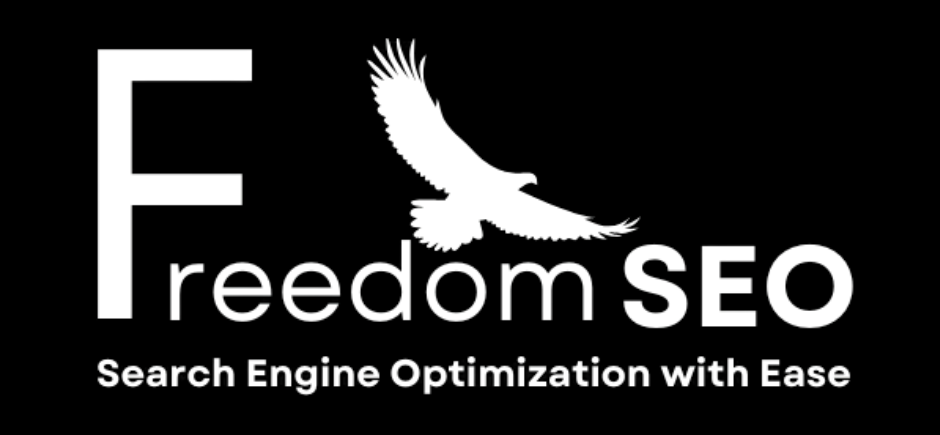Understanding SEO vs Paid Ads: Key Concepts Explained

Looking to stand out online? Every business faces the big decision of choosing between SEO and paid ads. But check this out. The top organic search result has a click-through rate of 27.6 percent, nearly ten times higher than paid search ads. Most people expect flashy ads to rule, but it turns out trust and long-term results come from showing up organically—and that changes everything.
Table of Contents
Quick Summary
| Takeaway | Explanation |
|---|---|
| SEO builds long-term credibility. | SEO enhances organic visibility, establishing lasting authority and trust with audiences over time. |
| Paid ads offer immediate visibility. | Paid advertising generates quick traffic and visibility, ideal for targeting specific keywords and audiences efficiently. |
| Integrating SEO and paid ads is beneficial. | Combining both strategies leverages the strengths of each approach, maximizing audience reach and engagement. |
| Cost-effectiveness favors SEO. | Investing in SEO leads to lower customer acquisition costs and more sustainable traffic compared to paid ads over time. |
| Strategically select based on context. | Choose between SEO and paid ads based on your business stage, budget, and desired outcome speed for optimal results. |
Defining SEO and Paid Ads: Fundamental Concepts
In the digital marketing world, businesses have two primary strategies for increasing online visibility: Search Engine Optimization (SEO) and Paid Advertising. Understanding the fundamental differences between these approaches is critical for developing an effective online marketing strategy.
What is Search Engine Optimization (SEO)?
Search Engine Optimization is a strategic process of enhancing a website’s organic visibility in search engine results without directly paying for placement. According to Cornell University’s digital marketing research , SEO involves optimizing website content, structure, and technical elements to improve ranking on search engine results pages (SERPs).
Key characteristics of SEO include:
- Focuses on organic (non-paid) search results
- Requires continuous effort and content improvement
- Builds long-term credibility and website authority
- Cost-effective compared to paid advertising
- Targets specific keywords and user search intent
Understanding Paid Advertising
Paid advertising, often referred to as Pay-Per-Click (PPC) or Search Engine Marketing (SEM), involves purchasing advertising space on search engine results and other digital platforms. These ads appear prominently and are marked as sponsored content, allowing businesses to gain immediate visibility for specific keywords and target audiences.
Fundamental aspects of paid advertising include:
- Immediate visibility and traffic generation
- Precise audience targeting options
- Flexible budget control
- Measurable results through detailed analytics
- Quick scalability for marketing campaigns
For Canadian businesses looking to understand these strategies better, read more about search engine fundamentals.
While both SEO and paid ads aim to increase online visibility, they differ significantly in approach, cost, and long-term value.
To clarify the distinct characteristics of SEO and paid advertising, the following table offers a side-by-side comparison of their core features and strategic benefits.
| Aspect | SEO (Search Engine Optimization) | Paid Advertising (PPC/SEM) |
|---|---|---|
| Visibility Type | Organic search results | Sponsored ad placements |
| Cost Structure | Long-term investment, no cost-per-click | Immediate costs, pay-per-click |
| Time to Results | Slower, builds over time | Instant, upon campaign launch |
| Credibility/Trust | High (perceived as unbiased) | Lower (marked as ads) |
| Sustainability | Lasting, continues after investment | Traffic stops when ads paused |
| Audience Targeting | Based on keywords and content relevance | Highly customizable targeting |
| Ongoing Maintenance | Continuous improvement/updating needed | Involves monitoring and adjusting |
| Ideal For | Long-term authority & credibility | Quick visibility & campaign agility |
The Importance of SEO vs Paid Ads in Online Visibility
In today’s digital marketplace, businesses must strategically leverage online visibility to remain competitive. Understanding the distinct roles and value of SEO and paid advertising is crucial for developing an effective digital marketing strategy that maximizes reach and return on investment.
Strategic Value of Organic Search Visibility
Organic search visibility through SEO represents a sustainable, long-term approach to digital marketing. According to Penn State’s digital marketing research , organic search results generate significantly more credibility and trust among potential customers compared to paid advertisements.
Key strategic advantages of organic search include:
- Higher click-through rates from users
- More sustainable long-term website traffic
- Builds genuine brand authority and credibility
- Creates lasting value beyond immediate marketing spend
- Develops comprehensive content that serves user needs
Cost Effectiveness and Performance Metrics
While paid advertising offers immediate visibility, SEO provides a more cost-effective approach for Canadian businesses seeking consistent online presence. The investment in SEO compounds over time, creating a robust digital foundation that continues generating traffic without ongoing per-click expenses.
Primary performance considerations include:
- Lower customer acquisition costs
- More predictable and stable traffic patterns
- Higher quality website visitors
- Greater potential for organic brand discovery
- Improved website infrastructure and user experience
Explore our comprehensive guide on SEO strategies for Canadian businesses to understand how to optimize your digital marketing approach.
Ultimately, successful online marketing requires a nuanced understanding of both SEO and paid advertising. While each strategy offers unique benefits, integrating them thoughtfully can create a powerful, multi-dimensional approach to digital visibility that drives meaningful business growth.
How SEO and Paid Ads Complement Each Other
In digital marketing, SEO and paid advertising are not competing strategies but powerful allies that can significantly enhance online visibility and business growth. When strategically integrated, these approaches create a comprehensive digital marketing ecosystem that maximizes reach and engagement.
Synergistic Marketing Approach
Paid advertising and SEO work together to create a multi-layered visibility strategy. According to UPCEA’s digital marketing research , integrated marketing approaches ensure businesses capture demand in real time while maintaining long-term organic visibility.
Key collaborative benefits include:
- Comprehensive keyword research across both channels
- Cross-channel data insights and performance tracking
- Enhanced brand recognition through multiple touchpoints
- More robust audience targeting strategies
- Faster identification of high-performing content themes
Strategic Data and Insights Integration
One of the most significant advantages of combining SEO and paid advertising is the ability to leverage data and insights from both channels.
Paid advertising provides rapid feedback on keyword performance, audience engagement, and conversion potential, which can be directly applied to refining SEO strategies.
Critical integrated marketing considerations include:
- Using paid ad performance data to inform organic content strategy
- Testing keyword effectiveness through quick paid campaigns
- Identifying audience preferences and search behaviors
- Developing more precise content targeting approaches
- Creating a unified messaging framework across channels
Learn more about optimizing your digital marketing strategy to maximize your online potential.
Ultimately, the most successful digital marketing strategies recognize that SEO and paid advertising are complementary tools. By understanding their unique strengths and integrating them thoughtfully, businesses can create a powerful, dynamic approach to online visibility that drives sustainable growth and meaningful audience engagement.
Key Metrics and Effectiveness of SEO vs Paid Ads
Evaluating the performance of SEO and paid advertising requires a nuanced understanding of their unique metrics and effectiveness. While both strategies aim to increase online visibility, they generate different types of results that demand distinct measurement approaches.
Click-Through and Conversion Performance
According to AgencyAnalytics research , organic search results demonstrate significantly higher click-through rates compared to paid advertisements. The top organic search result achieves an impressive 27.6% click-through rate, which is approximately 10 times higher than paid search ads averaging around 2-5% CTR.
Key performance indicators for comparing these channels include:
Here is a table that organises key performance metrics and statistics highlighted in the article to help compare the effectiveness of SEO versus paid ads.
| Metric/Statistic | SEO (Organic Search) | Paid Advertising (PPC/SEM) |
|---|---|---|
| Top Result Click-Through Rate (CTR) | 27.6% | 2-5% |
| Traffic Longevity | High (sustainable) | Stops after budget ends |
| Customer Acquisition Cost | Lower over time | Higher, ongoing |
| Brand Trust Level | Greater | Lower, seen as promotional |
| Speed of Results | Slower, builds gradually | Immediate |
| Budget Flexibility | Less direct control | Highly flexible |
| Compounding Returns | Yes | No |
- Organic search click-through rates
- Paid advertising conversion percentages
- Cost per acquisition for each channel
- Long-term traffic sustainability
- Audience trust and engagement levels
Cost-Effectiveness and Investment Analysis
The financial dynamics of SEO and paid advertising reveal compelling insights into their respective value propositions.
 Research indicates that SEO becomes increasingly cost-effective over time, with expenditure providing compounding returns that paid advertising cannot match.
Research indicates that SEO becomes increasingly cost-effective over time, with expenditure providing compounding returns that paid advertising cannot match.
Critical financial considerations encompass:
- Initial investment requirements
- Ongoing maintenance costs
- Potential return on investment timeframes
- Scalability of marketing efforts
- Long-term brand visibility potential
Learn more about measuring your digital marketing success to make informed strategic decisions.
Ultimately, the most effective digital marketing strategy recognizes that SEO and paid advertising are not competing approaches but complementary tools. By understanding their unique metrics and leveraging their respective strengths, businesses can develop a sophisticated, data-driven marketing approach that maximizes online visibility and drives sustainable growth.
Real-World Applications: Choosing the Right Strategy
Selecting the appropriate digital marketing approach requires a strategic understanding of your business goals, target audience, and available resources. SEO and paid advertising each offer unique advantages that can be leveraged differently depending on specific business contexts and marketing objectives.
Context-Specific Strategy Selection
According to higher education marketing research , successful digital marketing strategies are not one-size-fits-all but tailored to specific organizational needs. The choice between SEO and paid advertising depends on multiple strategic considerations.
Key factors influencing strategy selection include:
- Current business growth stage
- Available marketing budget
- Competitive landscape
- Desired speed of results
- Long-term marketing sustainability goals
Business Scenario Strategy Mapping
Different business scenarios demand distinct marketing approaches. Startups might prioritize paid advertising for immediate visibility, while established businesses could focus on building robust organic search presence. Understanding when to deploy each strategy becomes crucial for maximizing marketing effectiveness.
Scenario-based strategic recommendations encompass:
- New business launch requiring rapid market entry
- Established brand seeking consistent audience engagement
- Limited budget marketing approach
- Highly competitive industry positioning
- Seasonal or event-driven marketing campaigns
Explore strategies for attracting new customers and refine your digital marketing approach.
Ultimately, the most sophisticated digital marketing strategies recognize that SEO and paid advertising are not mutually exclusive. By understanding their respective strengths and strategically integrating them, businesses can create a dynamic, adaptable marketing approach that responds effectively to changing market conditions and organizational goals.

Take Control of Your Online Visibility with Proven SEO and Paid Ads Support
Are you worried that even with a professional website, your business could get lost online? The article “Understanding SEO vs Paid Ads: Key Concepts Explained” highlights the real struggle many Canadian businesses face—without a clear digital strategy, standing out in search or paid ads can feel overwhelming and costly. Maybe you want the sustainable growth of SEO, but feel stuck waiting for results. Or maybe you have invested in paid ads but are not seeing the steady traffic you expected. Both approaches have their strengths, but finding the right combination for your business is crucial.

Now is the perfect time to turn expert knowledge into action. Discover the difference a specialized Canadian team can make. At Freedom SEO , you get a tailored plan that blends high-impact SEO and Google Ads, designed for immediate results and lasting rankings. Ready to leave uncertainty behind and see your business in the top 3 where your customers are searching? Start with our local SEO and Google Ads experts today. For more guidance on what is possible, visit our SEO for Beginners guide and take your first confident step toward online growth. Book your free consultation now—opportunity does not wait.
Frequently Asked Questions
What is the primary difference between SEO and paid advertising?
SEO focuses on enhancing a website’s organic visibility in search engine results without direct payment, while paid advertising involves purchasing ad space to gain immediate visibility for specific keywords.
How does SEO contribute to long-term business growth?
SEO builds long-term credibility and authority, resulting in sustainable traffic and lower customer acquisition costs over time compared to paid advertising.
Why might a business choose paid advertising over SEO?
Paid advertising offers immediate results and precise audience targeting, making it ideal for businesses that need quick visibility and want to execute campaigns on specific timelines.
Can SEO and paid advertising be used together effectively?
Yes, integrating SEO and paid advertising creates a comprehensive marketing strategy that maximizes visibility, combining the immediate results of paid ads with the long-term benefits of organic search efforts.
Recommended

















